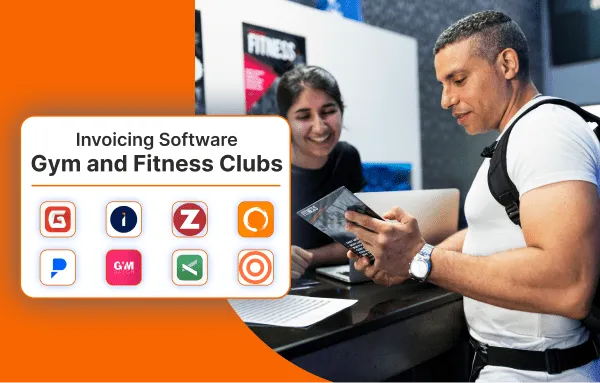Learning business can sometimes feel a bit like navigating through a mire of different jargon and terminology. There are certainly no shortage of technical terms or buzz words and if you’re relatively new to it all this can be a little off putting and certainly make hard for you starting out.
Far from letting these strange terms put you off though, you should instead just invest some time in learning them. Most of them are actually relatively simple to grasp once you give it a try and once you do you’ll find that they’re actually highly useful. These terms are here to help not to scare you away. Here are five of the most useful to get you started.
USP
USP stands for ‘Unique Selling Point’ and is a term you’ll sometimes hear used in general conversation. The general idea is that anything you’re selling should in some way stand out from the crowd if you hope to differentiate it and make a hit of it. If you create something that already exists and is in no way different from the competition then you’ll struggle to get it noticed and you’ll find that there is no real ‘demand’ for it even once it is. This is something you should ask yourself then whenever coming up with a new service or product. If you can’t think of how your product is significantly different from what’s out there, then you should ask yourself what you can do to make it so.
Breakeven
Breakeven is a word that describes the point at which your business becomes profitable. When calculating financial forecasts, many new businessmen and women will forget to include the initial cost of setting up the business which might mean buying computers, paying for trademarks and patents, financing solicitor fees or even purchasing property. Either way this means that your business will actually be starting from a ‘minus’ and you won’t really be earning anything until your business has paid off these costs and thus reached ‘Breakeven’. Here’s a little information to help you get started: How to calculate your break even point?
Loss Leader
A loss leader is a smart business strategy that at first might not seem to make much intuitive sense. The idea here is that your business model starts out by giving something away or selling something at a loss meaning that you’re actually losing money when you get your first customers or clients. The reason you do this though, is so that those customers are then ‘hooked’ and will buy more from you. Examples include contracts with low ‘introductory prices’ for the first month, or even console manufacturers who often sell their hardware at a loss so that they can make money back selling the games.
Split Test
A split test is a highly useful tool for many businesses that want to measure the viability of a new idea and minimize risk. Essentially split tests involve releasing an update or change to a product or service to only a portion of the market. This way they can then monitor performance (either in feedback or in hard figures) and then see whether the new iteration performs better or worse than the older version. If it does, the updates will then of course be rolled out across the board but if it doesn’t the damage done will be minimal.
Route to Market
Whenever you are thinking about marketing your product and finding an audience for it, it’s useful to think about your ‘route to market’. This essentially means the method through which you are going to reach your target demographic and thereby promote your offering to people who are likely to actually buy it.
Let’s say for instance that your business offers proof reading services. A brilliant route to market in this case might be a publication aimed at hobbyist writers. If you could get a story or an advertisement in that magazine then you would be likely to get a lot of customers coming from there as a result.
Of course any business is going to have some of the same standard routes to market which might include television advertising, SEO or social media marketing, but if you can find a specific route to market that gives you direct access to your market in a manner they’re likely to be receptive to – then your business will practically make a success of itself.
(Do you happen to drop by our Blog often? Follow @Invoicera on Twitter and never miss an update. To know how your business can take advantage of online billing and time tracking online, shoot us an email at support[at]invoicera[dot]com)
Author Byline:
Evan Thomas is a successful businessman. He likes to blog and shares his business knowledge via his articles. His articles are a great source of information on company registration, workplace ethics, business terms etc. He also has a liking for good music and listens to his favorite songs to unwind himself.












